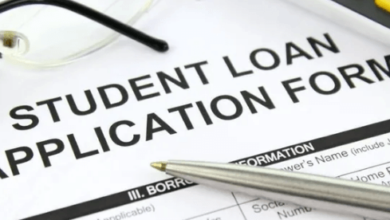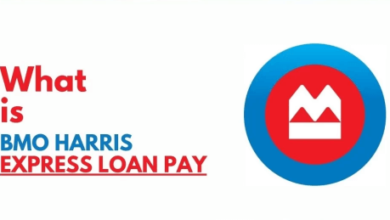Learn All About Conditional Loan Approval

A conditional loan approval is when a lender agrees to lend you money, but only if certain conditions are met. This means that you may have to put down a larger down payment, or agree to a higher interest rate, before you can get the loan.
1. What Is Conditional Loan Approval?
Conditional loan approval is when a lender approves a loan but with conditions that must be met before the loan can be funded. The conditions are usually related to the borrower’s employment, income, or assets.
Conditional loan is a good option for borrowers who may not meet the lender’s standard criteria for approval, but who are close. It can also be a good option for borrowers who need to move quickly and cannot wait for a traditional loan approval process.
The conditions for conditional loan can vary, but usually include proof of employment, income, or assets. The borrower must also usually agree to meet certain conditions, such as maintaining a certain credit score, before the loan can be funded.
Conditional loan can be a good option for borrowers who are close to meeting a lender’s standard criteria for approval, but who need a little extra time or who need to move quickly.
2. How Does Conditional Loan Approval Work?
Conditional loan approval is when a lender agrees to give you a loan based on certain conditions that you will need to meet. These conditions can include things like getting a co-signer, providing additional documentation, or making a larger down payment.
If you are looking for a loan, you may come across offers for conditional approval. It’s important to understand what this means and how it works before you agree to anything.
3. What Are The Benefits Of Conditional Loan?
When you’re buying a home, the last thing you want is to be surprise by a loan that’s not approve. That’s why many lenders offer what’s called a conditional loan.
A conditional loan is based on a thorough review of your financial information, including your income, assets, debts, and credit score. If the lender approves your loan, they will issue a letter stating that you’re conditionally approve for a loan up to a certain amount.
The benefits of a conditional loan are that it gives you the peace of mind of knowing that you’re likely to be approve for a loan. It gives you time to shop for a home without having to worry about whether or not you’ll be approve for a loan.
Another benefit of a conditional loan is that it can give you an edge over other buyers who don’t have one. If you find a home that you love and you’re in a bidding war with another buyer. Having a conditional loan can give you the confidence to know that you’re likely to be approve for a loan. And it may give the seller confidence to accept your offer.
The downside of a conditional loan is that it’s not a guarantee that you will be approve for a loan. If the lender finds anything in your financial information that they don’t like, they can rescind their conditional loan.
Also, a conditional loan is only good for a certain period of time, typically 60-90 days. So if you don’t find a home within that time frame, you’ll need to get another conditional loan.
If you’re thinking of buying a home, a conditional loan can be a great way to give you peace of mind and an edge over other buyers. Just be sure to work with a reputable lender and understand the terms of your conditional loan before you start shopping for a home.
4. What Are The Risks Of Conditional Loan?
A conditional loan approval is when a lender agrees to give you a loan base on certain conditions being met. This means that you’re not fully approve for the loan until you satisfy the conditions. Once you satisfy the conditions, the loan is then fully approve.
The risks of a conditional loan are that you may not be able to meet the conditions and therefore not get the loan. The conditions could be something like getting a new job or increasing your income. If you can’t meet the conditions. You may have to look for another lender who is willing to give you a loan without conditions.
Another risk is that the interest rate on a conditional loan may be higher than if you were fully approve for the loan. This is because the lender is taking on more risk by lending you money when you’re not fully approve.
If you’re considering a conditional loan, make sure you understand the conditions and that you’re comfortable with the risks. This way, you can be sure you’re getting the best loan for your situation.
5. How Can I Get Conditional Loan?
You’ve been pre-approve for a home loan and you’re ready to start shopping for your dream home. But there’s one more step you need to take before you can start packing your boxes. You need to get conditional loan.
Conditional loan is when your lender approves your loan subject to certain conditions being met. These conditions could include things like providing proof of income, having a satisfactory property valuation or providing a larger deposit.
Once you have met all of the conditions. Your loan will be formally approve and you can start the process of buying your new home.
So, how can you get conditional loan? Here are steps to help you:
1. Shop around for a lender that suits your needs. Make sure you compare interest rates, fees and loan features before you decide on a lender.
2. Apply for a loan with the lender of your choice. You will need to provide them with your personal and financial details.
3. The lender will assess your application and if they are satisfy, they will offer you conditional loan.
4. You will need to meet the conditions of your loan approval. Which could include providing proof of income, having a satisfactory property valuation or providing a larger deposit.
5. Once you have met all of the conditions. Your loan will be formally approve and you can start the process of buying your new home.
Getting conditional loan approval is the next step in the home loan process. By following these simple steps, you can be one step closer to owning your dream home.




